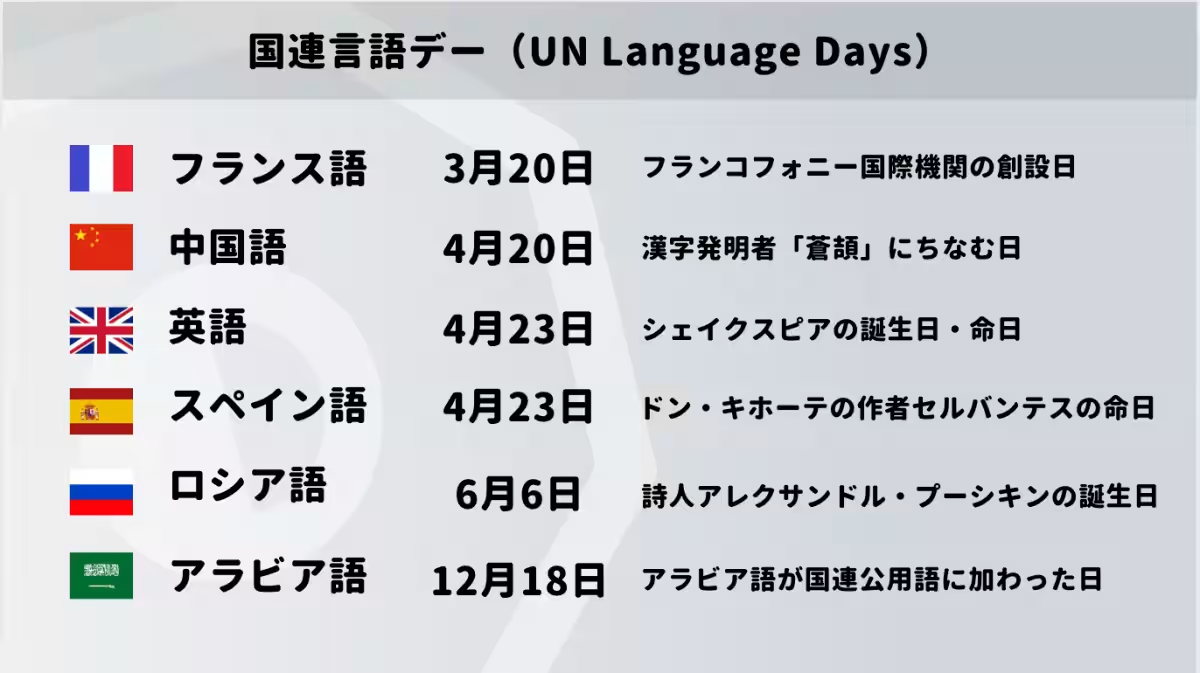

The Rising Importance of Southeast Asian Languages in Business Expansion
The Rising Importance of Southeast Asian Languages in Business Expansion
In recent years, Southeast Asian languages such as Vietnamese, Indonesian, and Thai have been gaining prominence in the business world, particularly among Japanese companies expanding into this vibrant region. A report from Yaraku, a Japanese firm specializing in translation support tools, coinciding with the United Nations Language Day, revealed significant trends in language use over the past year associated with their translation tool, Yaraku Translation.
Language Utilization Trends
The data disclosed by Yaraku demonstrated a fascinating dynamic in language utilization. While the majority of translations involved Japanese and English, the inclusion of Southeast Asian languages in the top ten was noteworthy. Vietnamese, Indonesian, and Thai managed to secure spots in the top rankings, emerging above several European languages such as French and German. This indicates a growing demand for translation services in these local languages, further emphasizing their rising significance in the market.
Specific Rankings of Southeast Asian Languages
Among the rankings reported, the most common pairing was Japanese ↔ English, followed by translations involving Chinese (both simplified and traditional). However, what stands out is the significant presence of Southeast Asian languages in the rankings. For instance, Japanese/English ↔ Vietnamese ranked sixth, while Indonesian and Thai languages made it to eighth and ninth, respectively. This trend highlights how languages that are primarily spoken within a single nation can gain traction as Japanese businesses tap into the localized talent in these regions.
A Growing Need for Localized Workforce
The increased influx of Vietnamese and Indonesian workers coming to Japan fosters heightened translation requirements in various sectors including construction, agriculture, nursing, manufacturing, and food service. There is a rising expectation for translation tools that extend beyond English, with companies needing more resources to effectively communicate contracts and provide information in their native languages. The demand for translation services in languages such as Vietnamese, Indonesian, and even Nepalese reflects a shift towards a more inclusive approach in addressing Southeast Asian and South Asian workforce needs.
The Significance of United Nations Language Day and Yaraku's Vision
The United Nations Language Day advocates for the recognition of six official languages as vital cultural entities that deserve equal respect. Yaraku resonates with this ethos, striving for a world where communication remains uninterrupted by language barriers. Their mission centers on making global communication enjoyable and accessible for everyone.
Technological Solutions for Diverse Translation Needs
Yaraku's translation support tool accommodates a total of 36 languages, ensuring it can meet the burgeoning demand for high-quality translation in Southeast Asian languages. Leveraging advanced technology, Yaraku Translation has positioned itself as an invaluable tool for businesses requiring effective communication across various languages. The steady growth in adoption by enterprises reflects the commitment to providing a reliable and effective multilingual solution that fits seamlessly into daily operations.
Conclusion
As Japanese companies expand into Southeast Asia, the increasing presence and requirement for language support in Vietnamese, Indonesian, Thai, and other regional languages will only continue to grow. Yaraku is dedicated to enhancing this communication landscape, working towards a future where anyone can convey their message clearly, regardless of their native tongue. The fulfilling of translation needs through high-quality tools is not just a goal but a necessity for businesses navigating through Southeast Asia's dynamic marketplace.
- ---
Company Overview
Name: Yaraku, Inc.
Website: Yaraku Official
Headquarters: 16th Floor, Link Square Shinjuku, 27-5 Sendagaya 5-chome, Shibuya, Tokyo, 151-0051, Japan
Established: August 2009
CEO: Suguru Sakanishi
Business Focus: Development and operation of multilingual communication tools.



Topics Consumer Technology)










【About Using Articles】
You can freely use the title and article content by linking to the page where the article is posted.
※ Images cannot be used.
【About Links】
Links are free to use.